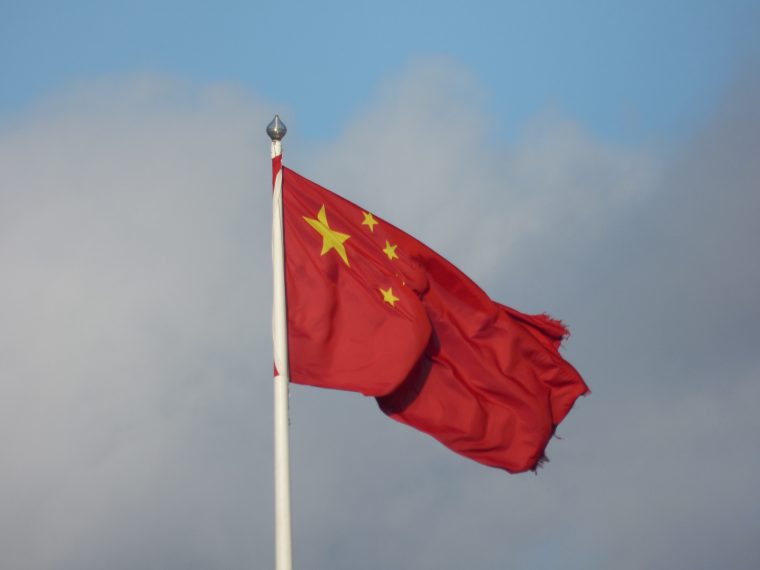Starting in 2019, Every New Car in China Will Have a Tracking Chip

Photo: Elliott Brown
Beginning next year, every new car distributed in China will be required to have an “electronic license plate,” or a radio-frequency identification (RFID) chip, embedded in the windshield. This system has gone through beta testing throughout China over the last two years in areas like Beijing and Wuxi.
While many are referring to this as a tracking chip — and it is — that term leaves the impression that these chips transmit a vehicle’s location at all times, which is not exactly the case.
Authorities in China are setting up chip-reading units along the roads — hundreds of thousands of units, in fact— that will detect when a vehicle drives by. The unit will read the chip and be able to identify which car is it, similar to the way a camera would see a license plate.
Maintenance 101: Everything you need to know to take care of your tires
“The system wouldn’t be able to locate a car at any given moment or location, like with GPS,” said Sean O’Kane at The Verge. “It’s unclear how much information the government plans to store on each chip beyond the color of the car and its license plate number.”
Similar RFID chip systems have been implemented all over the globe, including countries like Brazil, South Africa, India, and Dubai. There, the systems are used to pay tolls, tickets, and parking fees, as well as purchasing gas.
Model Lineup: 2018 Chevrolet SUVs perfect for your summer road trip
While this system doesn’t give authorities access to every vehicle’s location at any given moment, some see it as a push in that direction. China has recently implemented several citizen-observing tactics within its borders, including a DNA database and facial recognition.
However, despite the policy causing unease, the government claims its implementation is to reduce traffic congestion, pollution, and vehicle-related terrorist attacks.
“The Chinese government has gone all out to create a real surveillance state,” said James Andrew Lewis, senior vice president at the Center for Strategic and International Studies. “It’s part of this larger effort to create total information awareness in China for the government.”
News Sources: The Verge, Quartz

The News Wheel is a digital auto magazine providing readers with a fresh perspective on the latest car news. We’re located in the heart of America (Dayton, Ohio) and our goal is to deliver an entertaining and informative perspective on what’s trending in the automotive world. See more articles from The News Wheel.

